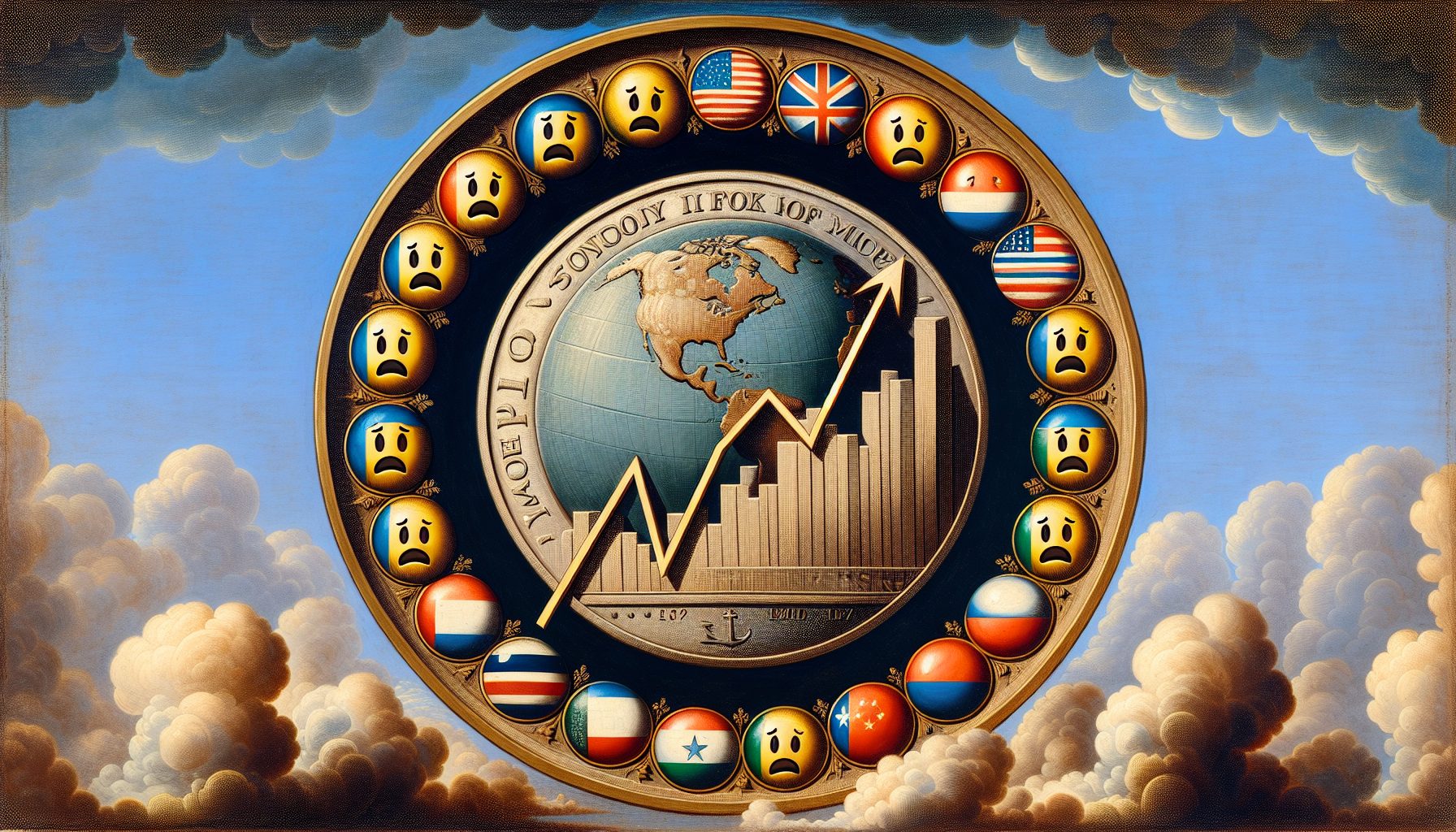The impact of digital marketing on various industries is already a much-discussed topic. The good news is that new technologies continue to emerge. They also enable marketers to explore the various features of digital marketing. Certainly, big data is one such emerging technology that’s clearly helping marketers, especially those in event marketing, redefine success.
Big data plays a central role in the digital marketing strategy of most industries these days. But one industry is leveraging its features particularly well, and that’s event planning. As people are using their personal devices and escalating their digital footprints, it becomes easier for marketers to collect and leverage data. Likewise, the same is used to influence their event experiences.
Some of the biggest names in event planning use big data to create highly personalized and meaningful events. Using data in event marketing doesn’t entail sophisticated tools or a big budget. Data is more accessible than ever.
Let’s look at what big data is all about.
Big Data Defined
Big data refers to the colossal volumes of information flowing into an organization’s database from diverse resources. They come at ever-increasing rates. It also has three components – volume, velocity, and variety – the three vs. of big data.
Big Data in Event Management
Big data in Event Management comes mainly in the form of unstructured information. Moreover, they are created by the activities of delegates, speakers, organizers, staff members, and others.
What makes the data valuable? When correctly evaluated and collated, big data allows you to take a relook at every aspect of your event. You can:
- Fix the areas that need improvement
- Introduce changes that can make your staff more efficient.
- Make changes to the event floor to enable smooth hosting of programs
- Provide easy access to resources
- Make changes to schedules based on opinions garnered
- Minimize costs by cutting down unwanted expenses
Several different analytics platforms are available for use in the event management space. These tools look for patterns in unstructured information. Indeed, a trained data management expert analyzes these patterns to see if they can extract information of any value.
Big data analysis is a fairly complex task. Additionally, it requires an analytical mind and extreme discipline. Only qualified experts with a good amount of training and exposure to the industry can do a fair job.
Readily Available Marketing Data Helps Boost Success Potential of Events
Big data provides event marketers and managers with more detailed information than ever. Tablets and smartphones can extract relevant data and learn more about attendees. Event marketers can use the data to determine how future attendees behave in the real world.
Event marketers can provide customized advertising to attract their targeted audience. Certainly, promoting the right products to the relevant audience can multiply the chances of success.
Big data analytics can help uncover real-time information such as:
- The preferred social media activity time of the targeted audience.
- Ways to connect with the best audience groups.
- Also, strategies for creating impactful advertising messages and grabbing attention.
Offers an Innate Understanding of the Audience’s Behaviors and Patterns
Big data provides event management with unstructured data. The information contained in this data can be about:
- Event delegates
- Keynote speakers
- Staff members
- Associate members
- Event partners
- Advertisers
- Sponsors
The information equips marketers with powerful capabilities to accomplish a data-powered view of the event’s performance. So, marketers can leverage real-time data results to enhance the event experience for attendees and organizers.
The primary goal is to ensure the highest satisfaction for attendees. Hence, it is important to study their behavior and patterns. To provide them with a personalized experience, marketers, and organizers must know more about the attendees.
Big data comes in handy for collecting and analyzing the event’s email list. It helps discover more about the potential participants.
Makes Planning of Future Events Smooth and Hassle-Free
Big data analytics makes it easy for marketers to collect unique user data from different sources. So, this can be collated into meaningful databases. You potentially then use this big data to plan future events with incredible accuracy.
- They can utilize data gathered from past events to find out the preferences of attendees.
- The answers from reviews after the event can be analyzed. This helps gain deeper insights into the participants’ thought processes.
- Also, data from similar events done in the past can be used to host upcoming events.
Big data has proven to be a game-changer for many event management companies. They can conduct a competitive analysis to improve future events.
Event marketers can analyze upcoming events of competitors. They can find out the type of events being organized and how they are planning to host them. Indeed, researching competitors can help access valuable information. Additionally, that data can be used to seal the gaps in upcoming events and make them as perfect as possible.
Conclusion
Big data is a proven game-changer for event marketers. It helps them find the exact reasons and methods for attracting prospective attendees. Indeed, the data can be used to improve possibilities for the future.
Marketers can then use the information to improve their event marketing. They can customize event advertisements to attract more attendees with access to a wide range of relevant information.
Big data also helps create and deliver personalized event experiences to match guests’ expectations. Companies can analyze competitors and access reliable real-time information by conducting online searches.
The event planning process keeps changing from conception to execution. A problem faced by every event organizer. Big data in event management gives planners a 360-degree view of the event planning process. Moreover, they can even know about the possible changes they might have to implement at various stages.
This helps remove uncertainties in the planning process and provides event planners with the tools to detect potential problems when organizing similar events in the future. Likewise, the collected data can be used to fix the time and costs for each event. It also can help boost the event ROI significantly.









